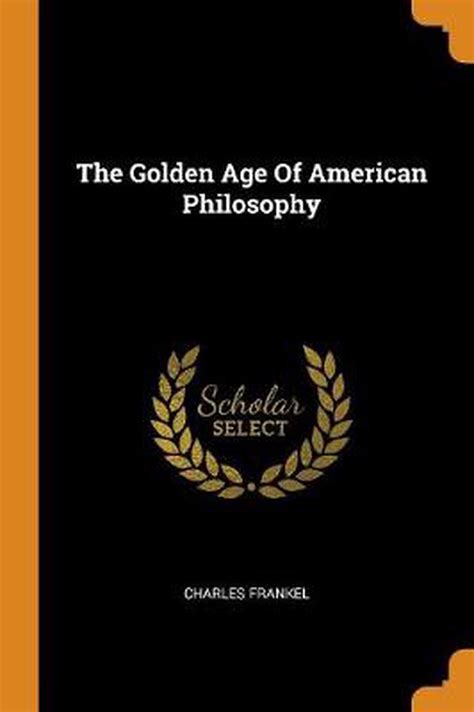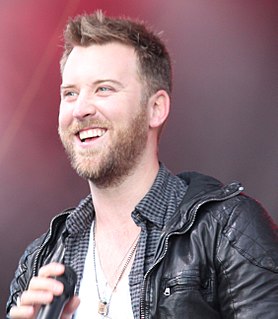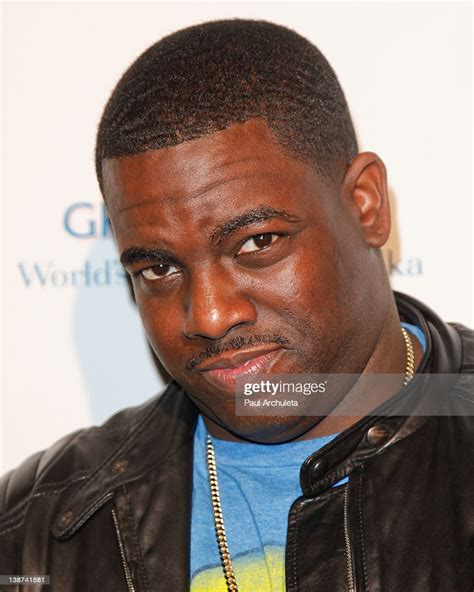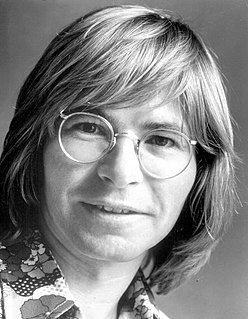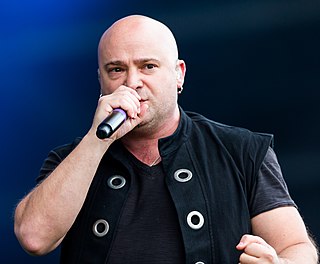A Quote by Hazrat Inayat Khan
Music, the word we use in our everyday language, is nothing less than the picture of our Beloved. It is because music is the picture of our Beloved that we love music.
Related Quotes
What we call music in our everyday language is only a miniature, which our intelligence has grasped from that music or harmony of the whole universe which is working behind everything, and which is the source and origin of nature. It is because of this that the wise of all ages have considered music to be a sacred art. For in music the seer can see the picture of the whole universe; and the wise can interpret the secret and nature of the working of the whole universe in the realm of music.
It is against the spirit of our non-discriminating times to openly prefer one sort of music to another, so let's just say that hearing grand orchestral music in a public place is exhilarating in a way that hearing popular music never can be, if only because, in a popular music age, a full orchestra is less familiar to our ears.
Music can move us to the heights or depths of emotion. It can persuade us to buy something, or remind us of our first date. It can lift us out of depression when nothing else can. It can get us dancing to its beat. But the power of music goes much, much further. Indeed, music occupies more areas of our brain than language does-humans are a musical species.
For instance, our music, They Might Be Giants, has this element of humor, which is probably the most uptight part of what we include in our music, because we're in part very self-conscious guys, and we want our music to stand up to the test of time, not just be visceral comedy records. We love humor and comedy, but there's this aspect to it that runs counter to what is included in most music.
The systems of stereotypes may be the core of our personal tradition, the defenses of our position in society. They are an ordered more or less consistent picture of the world, to which our habits, our tastes, our capacities, our comforts and our hopes have adjusted themselves. They may not be a complete picture of the world, but they are a picture of a possible world to which we are adapted. In that world, people and things have their well-known places, and do certain expected things. We feel at home there. We fit in. We are members.
We love all kinds of music: We love pop music, we love rock music, we love R & B and country, and we just pull from all our influences. So I don't really take offense as long as people are coming out to the shows and buying the records and becoming fans of the music. At the end of the day, the music is what's gonna speak to you.
Music at its best...is the grand archeology into and transfiguration of our guttural cry, the great human effort to grasp in time our deepest passions and yearnings as prisoners of time. Profound music leads us--beyond language--to the dark roots of our scream and the celestial heights of our silence.







